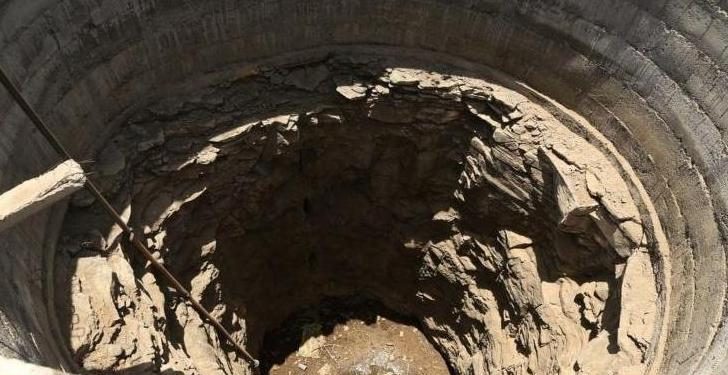Jajpur: World Water day is observed March 22 every year so as to create awareness on saving water and to use it judiciously. However, the groundwater level in mineral and industrially rich Jajpur district is alarmingly dipping while level of contamination is also high, a report said.
The report said that groundwater level in mineral-bearing Sukinda and industrially rich Danagadi blocks has been continuously nose-diving due to overuse through bore-well for industrial use. The three-year data about the groundwater provided by the Directorate of Hydrometry reveals this reality.
Normally, water available five metres below the earth cater to the need of the people. Besides, harmful elements in water have been affecting the health of locals, it said.
There are a number of restrictions on the use of groundwater, but the industrial units are not abiding by the rules.
It was reported that each industrial unit has dug 15 to 20 bore-wells on their premises through which they have been exploiting water wantonly.
The result is that in many cases, tube wells after being dug in rural pockets fail to provide water. In summer, people in many pockets of Sukinda and Danagadi face acute water crisis.
As per the agreement with the Water Resources department, the industrial units are mandated to use water judiciously by installing flow metres. The Odisha government had directed the industrial units submit detailed reports about the quantity of water they have been using. But this directive has been flouted, it was alleged.
What is more alarming is that groundwater is getting contaminated with abnormal level of iron, total coliform and fecal coliform. Presence of high level of such harmful elements in groundwater is dangerous for health. This was revealed by test report of the OSPCB which had collected water samples from Kaliapani, Tisco, Saruabila and Kamardha areas in October 2018.
Many people in these areas have died of kidney diseases while over a thousand people are affected by the same problem, it was learnt.
Debahsis Patnaik, executive engineer of the Jaraka Water Resources division, said that water cess is being collected from users according to the amount they use. Regular monitoring of water use by industrial units is being done, he added.
PNN







































